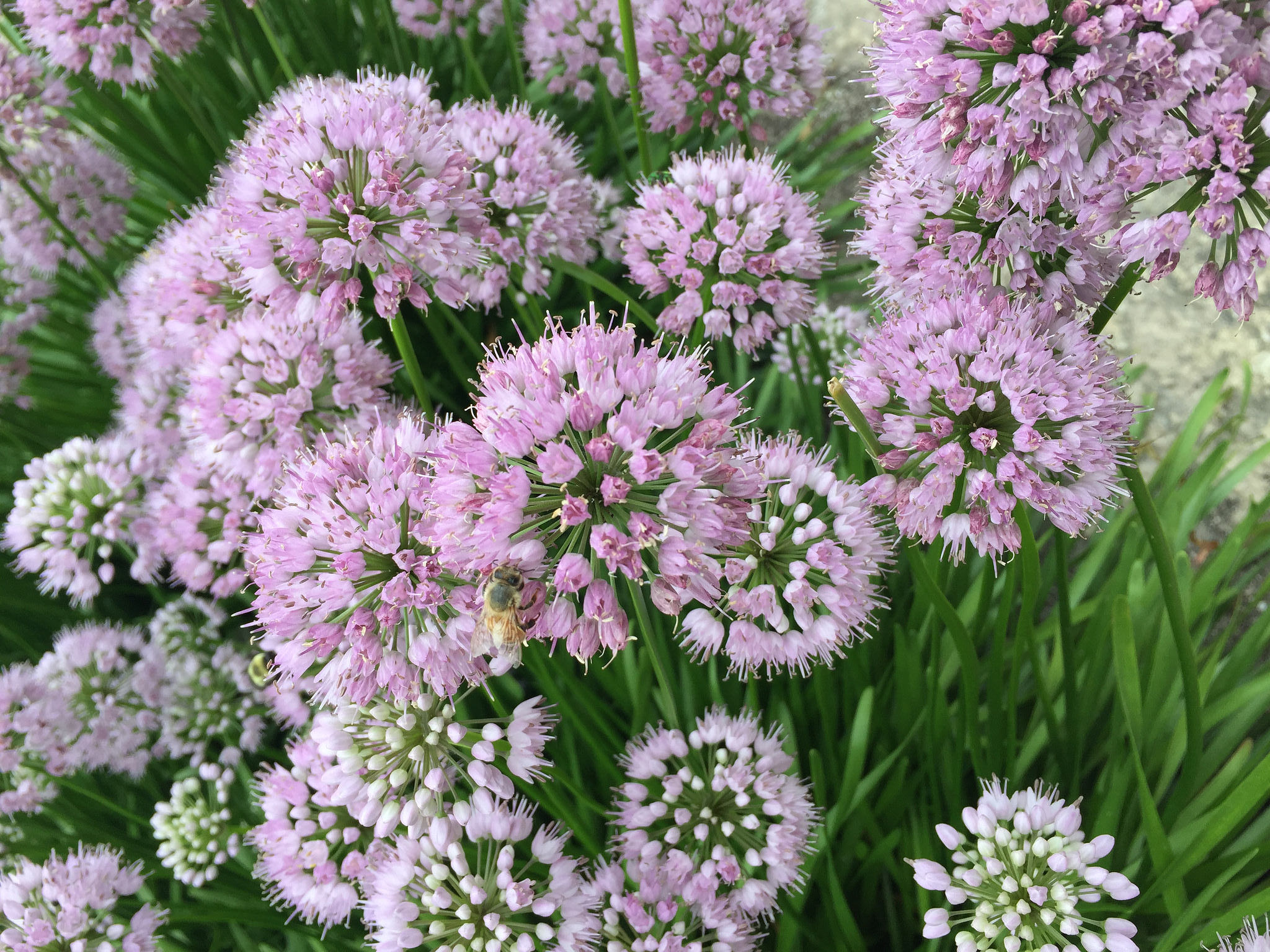
We're pleased to offer two opportunities to learn and discuss the principles of The Sacred Feminine with Claudia J. Ford. Join us for a webinar on April 17 and then explore more deeply during a six-week online course which begins in December 2019.
By Claudia J. Ford, PhD
We are in a downward spiral that we are called on to transform to a sacred spiral. Our contemporary agricultural system is a major driver of global warming and climate change. The specific dysfunctions of ecologically imbalanced, socially unjust agricultural and food systems manifest in how we currently treat land, water, soil, air, plants, animals, and each other. Industrial farming systems are among the primary forces behind biodiversity loss, declining animal and public health, smallholder land dispossession, pollution and environmental degradation of ecosystems, and entrenched food injustice. The belief systems that underlie the way global society is shaped are regrettably characterized by principles and practices of winner-take-all competition, social Darwinism, unbridled neoliberal capitalism, extreme wealth divergence, oppression, colonialism, hoarding, and scarcity. The negative, damaging characteristics of the way society is organized are felt acutely in the environmental sectors, especially constraining the ability of humans and the environment to maintain sustainable, regenerative agriculture and healthy, just food systems. Current social norms correspond to a period of destruction on personal, social, and biosphere levels.
Yet, these destructive characteristics that presently have prominence in how society is shaped are an historically recent phenomenon. We are called to acknowledge and remember other paradigms that support co-creative, reciprocal, and respectful relationships with land and with each other. These relationships, specifically within agricultural and food systems, require that we dismantle regimes of oppression and destruction without replicating those same patterns. Small-scale agriculture has the potential to enhance community-driven and localized solutions to environmental degradation. The food system has the potential to be the nucleus for re-imagination of localized, post-carbon communities. Egalitarian influence over agricultural and food systems requires that we elevate the social and environmental values of agriculture above the market logistics and profit motives.[i] We are called on to heal societal, individual, and land traumas perpetuated by living under oppressive systems while simultaneously transforming those systems. The ethical costs and injustices of industrialized agriculture are intolerable, so we are tasked to make sacred, again, our concepts of nature and our relationship to Earth.
An important premise of sacred agriculture is the prospect of simultaneously paying attention to the economic, environmental, social, and spiritual opportunities and challenges of healthy farms and food production. A reclamation of the principles and practices of The Sacred Feminine — wholeness, community, creativity, cooperation — is critical to balancing the unhealthy structures of society which have brought the environment and humanity, individually and collectively, to the brink of catastrophic change. In order to move away from the edge of environmental disaster and the breakdown of agricultural, food, and social systems, while transforming these systems to healthier more balanced arrangements, we are required to embrace new philosophies and new paradigms for how we treat land and each other. The wisdom of the sacred feminine, represented by Sophia, consists of principles and practices that can help make these human behavioral shifts possible.
The sacred feminine paradigm is characterized by principles of non-dualistic thinking and practice, the equal value of humans to each other and to nature, abundance, shared powers, valuing a diversity of worldviews and modes of inquiry, ceremony and ritual, transformative justice, service, and compassion. The sacred feminine should be understood in an interdisciplinary manner including and giving equal respect to multiple practice methodologies, diverse ethnographic and cultural lineages, different ways of learning, and new models and archetypes of community and of leadership. There are clear relationships between sacred feminine paradigms and the historical and lived knowledge of indigenous peoples. Respectful agricultural epistemological exchanges are possible if we adhere to principles of appropriate attribution and social justice, so that we are deferentially building on and adapting the wisdom of ancestral and indigenous knowledges.
Sophia is one of the universal Great Mothers. Sophia is the goddess who stands for wisdom, skill, cleverness, and grace. Sophia represents an awakening. When we engage the ancestral wisdom of the sacred feminine for food system transformation we are awakened to full participation in a shift of our food systems and farming methods out of dysfunction and into wellness and health. We are both returning to and moving towards the wisdom of sacred agriculture, asking to be guided by Sophia into the sacred spiral of just, healthy food and agricultural engagements.
Notes
[i] M. Jahi Chappell and Mindi Schneider, “The New Three-Legged Stool: Agroecology, Food Sovereignty, and Food Justice,” In The Routledge Handbook of Food Ethics, Mary Rawlinson and Caleb Ward, editors, Chapter 39. New York: Routledge, 2017.
 Claudia J. Ford is a member of the Board of Directors of the Biodynamic Association. She has had a career in international women’s health and development spanning three decades and all continents. Dr Ford’s research interests are in traditional ecological knowledge, agroecology, historical ethnobotany, gender, and medicinal plants. She currently teaches Women’s Studies, Environmental Literature, Environmental and Business Ethics, and Global Business Economics. Claudia is also a midwife, writer, and visual artist, and has shared the joys and adventures of her global travel with her four children.
Claudia J. Ford is a member of the Board of Directors of the Biodynamic Association. She has had a career in international women’s health and development spanning three decades and all continents. Dr Ford’s research interests are in traditional ecological knowledge, agroecology, historical ethnobotany, gender, and medicinal plants. She currently teaches Women’s Studies, Environmental Literature, Environmental and Business Ethics, and Global Business Economics. Claudia is also a midwife, writer, and visual artist, and has shared the joys and adventures of her global travel with her four children.

Añadir nuevo comentario